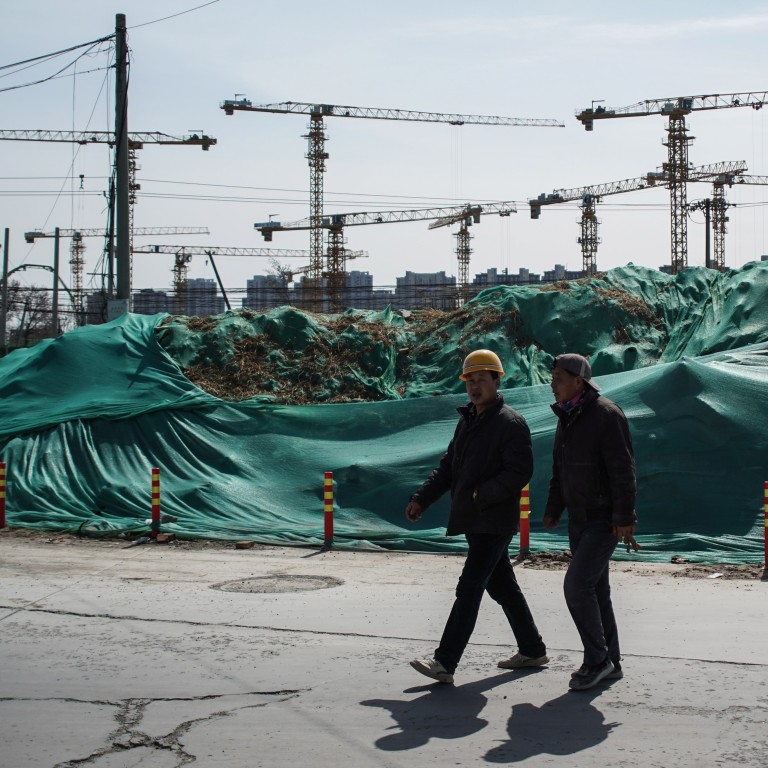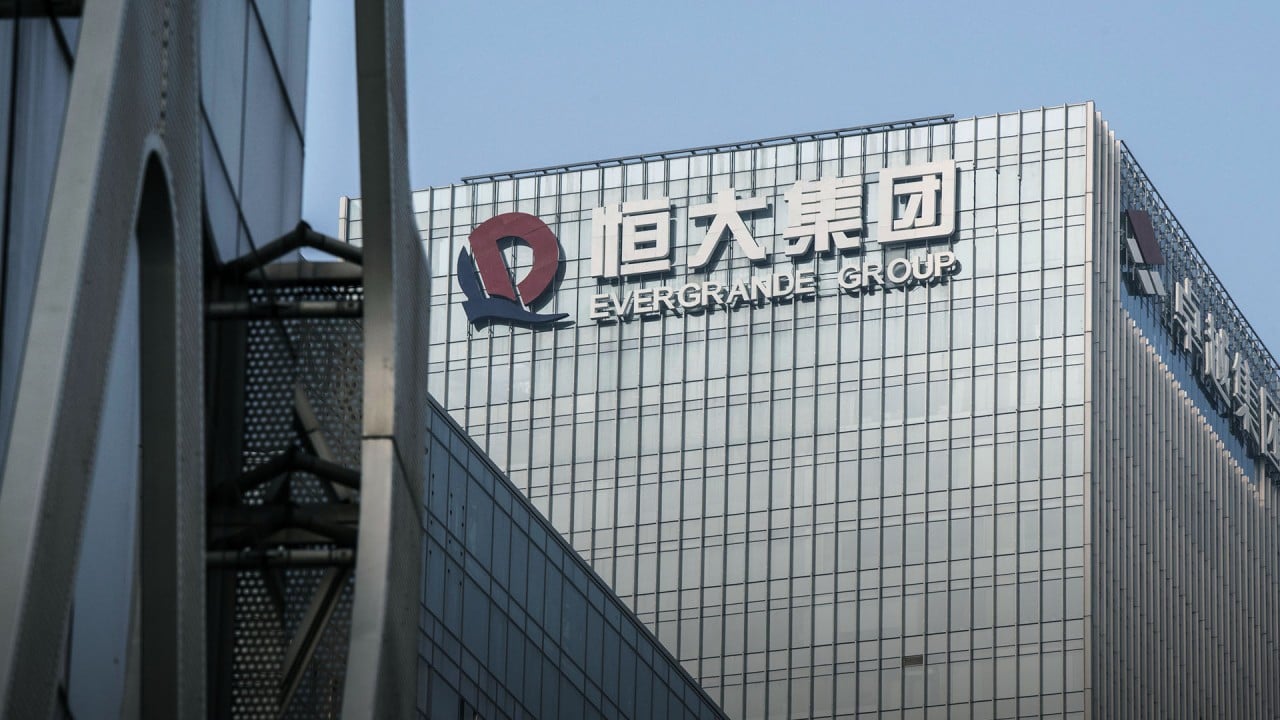
A fifth of Chinese developers face insolvency as investors grow tired of repeated bond extensions, S&P Global warns
- A looming insolvency crisis puts as much as US$88 billion of distressed bonds at risk, says the ratings agency
- Investors will soon lose patience and press their claims through the courts or debt restructuring, S&P warns
Guangzhou R&F Properties, for example, recently received approval to regroup all 10 tranches of its offshore bonds worth a total of US$4.94 billion due between now and 2024 into three amortisation notes that mature in 2025, 2027 and 2028, giving it three to four years of breathing room as it struggles to raise cash.
But “this forbearance may not continue,” said S&P. “If a sales turnaround is not forthcoming, investors will reject repeated extensions.
“The end of the beginning is at hand for China developer defaults.”
In a sign that investors are growing increasingly impatient with further deferrals, bondholders of China Evergrande’s onshore unit have this month rejected a proposal to postpone repayment of a 4.5 billion yuan (US$671.04 million) bond until January 2023.
“We think much depends on the level of sales recovery for China residences in the second half of 2022, and going into the first quarter of 2023. This is when many of the extensions on distressed bonds expire,” said S&P.
Since 2018 distressed exchanges, in which a developer swaps outstanding bonds that are coming due soon for newly issued notes, have accounted for nearly 80 per cent of resolved offshore defaults, while debt extensions accounted for 72 per cent of resolved onshore defaults, S&P said.
Over the past 12 months home builders have completed exchanges or extensions on about US$27.8 billion of distressed bonds, it said.
“The issue may suggest that the problems for the property market are no longer manageable, which is the tone used by regulators in the past few months,” said Raymond Cheng, managing director of CGS-CIMB Securities. “We think that regulators could take more aggressive measures to help the sector, such as helping developers refinance their short-term debt to avoid more defaults.”



